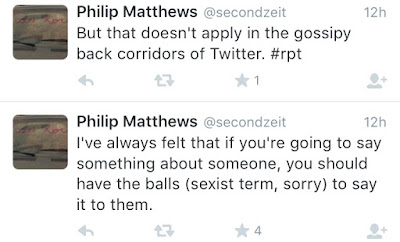I take a look at the parties and realize there's no "Left"
'Cause I've been splittin my vote for so long that
Even the Greens think that I'm just their own
But I ain't never skipped an election you know that
Me be treated like the base, you know that's unheard of
You better watch how you messagin, and where you campaignin
Or you and your Greenies might be fourth termed
I really hate to trip but I gotta vote
As they croak I see myself in the polls so close
Fool!
I'm the kinda G they wanna see take a hike
With my brown face and womaning in broad daylight
We been spending most our lives living in the neoliberal paradise
We been spending most their lives living in the free market paradise
We keep spending most our lives living in the capitalist paradise
We keep spending most our lives living in the corporate paradise
They got a housing crisis, they got me facing
I can't live a millenial life, I was raised by austerity
So I gotta be down with the fiscal responsibility
Too much student loans got me chasing dolla bills
I'm a educated fool with justice on my mind
Got my facts in my hand and twittering in my eye
I'm a hoped out graduate, being nothin but a barista
And my homies wanna get a payment down so they want our avocado
Drool!
Tax cuts aint nothing but a budget away
They're living a lie, surveil and spy what can I say
I'm thirty three never will I live to see 64
The way supa's going I don't know
Tell me why do we refuse to see
That the ones hurt are our fellow kee-wee
They been spending most their lives living in the neoliberal paradise
They been spending most their lives living in the mouldy paradise
We keep spending most our lives living in the dirty river paradise
We keep spending most our lives living in the homeless paradise
Gower and the Henry, Hosking and the Gower
Election after election, year after year
Everybody's running, but half of them ain't listening
What's going on in the 9th floor, we can't be politicking
They say I've got to wait my turn but nobody's here to stitch me
If they can't fund it, how can they fix me
I guess they can't
I guess they won't
I guess they front
That's why our economy is forever stuck
Fool!
They been spending most their lives living in the neoliberal paradise
They been spending most their lives living in the prison paradise
We keep spending most our lives living in the poverty paradise
We keep spending most our lives living in the crusher's paradise
Tell me why do we refuse to see
That the ones we hurt are our fellow kee-wee
Tell me why do we refuse to see
That the ones we hurt are our fellow kee-wee









